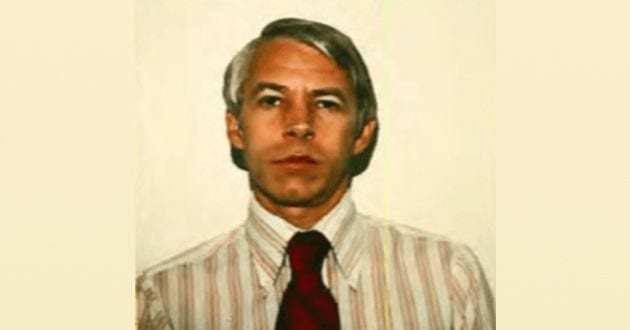The American auto industry is in trouble again. A few weeks ago, Standard & Poor downgraded General Motors Corp.’s bonds to junk status, a move that will make it more expensive for the giant to borrow money for future projects. Because Ohio is the second largest auto manufacturing state in the nation, the fate of the auto giants is very important to our future. While many factors have played a role in their perils, including poor management and missed strategic opportunities, the United Auto Workers has played a significant role in impeding the auto manufacturers from becoming financially successful again.
We need free enterprise and free markets in order to prosper. Unions are a non-capitalistic factor, and whenever something like this is introduced into the system, productivity and efficiency are lost. In the past, we had to make the trade-off because unions were necessary to improve work environment standards, something they’ve accomplished. But they’ve become victims of their own success. Because of more stringent government regulations and the creation of independent watch groups, unions have outgrown their use and become redundant.
Workers should be ensured they’re paid the fair market price for their services. If a union’s goal was to ensure their members get a fair market wage, I would support them. However, unions no longer flex their muscles to protect workers; they use their power to exploit companies as much as possible.
A union janitor at GM makes $23 an hour. Assuming he works 40 hours a week for 50 weeks, he’ll earn $46,000 which is more than an Ohio State finance major makes. It’s ludicrous that an unskilled worker can make this much money when there are so many skilled laborers with degrees that make much less. A degree shouldn’t guarantee a high wage and hard work should be rewarded, but it’s almost comical that unskilled workers are able to make more than the national average.
Because of their contract with the union, it’s much more difficult for GM to fire a union employee than a non-union worker. This only encourages inefficiency. What motivation does an employee have if he knows he can keep on screwing up without being fired? Of course there are non-union workers who are slackers too, but there are enough people who push themselves to at least offset the slackers. This isn’t necessarily the case at a union plant, where promotion is based on seniority and not performance.
At this point, GM should still be able to overcome these problems because it is simply overpaying workers. However, GM is forced to run its factories at 80% capacity and must churn out vehicles regardless of demand. To clear inventory, GM must provide lofty incentives to unload vehicles and might end up making almost no money on a vehicle.
Why do union workers get all these privileges when most Americans must deal with these insecurities? Most of us are not lucky enough to have such great job protection, let alone all the benefits that union workers receive including free health care. We live in a capitalistic society and in exchange for all its benefits; we must be prepared to deal with lack of security.
Even if GM made products on par with competitors, they have a price disadvantage. It must pass all these expenses onto consumers, which is why GM is saddled with a $1,600-per-vehicle handicap in so-called legacy costs, mostly retiree health and pension benefits. Consumers aren’t stupid and most will not pay more than they have to for a product. GM will continue to fall behind since it must use its precious assets to fulfill union obligations instead of putting it towards research and development.
GM, like most corporations, isn’t necessarily a Boy Scout all of the time, but it is facing financial hardships because it is being unfairly exploited by the UAW. Workers can’t expect their company to prosper if they have unrealistic demands. They’re essentially biting the hand that feeds them. Everyone has a “what’s in it for me?” attitude, something that is unavoidable, but healthy relationships can’t last if a person won’t look at the big picture and isn’t willing to make concession.
Vijay Ramanavarapu is a senior in finance and political science. He can be reached for comment at [email protected]@osu.edu


